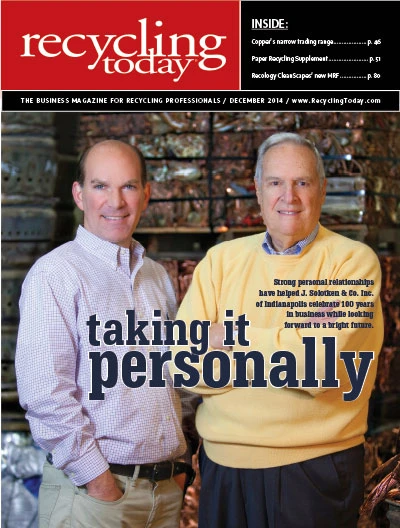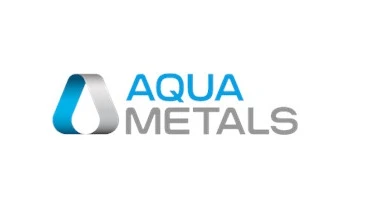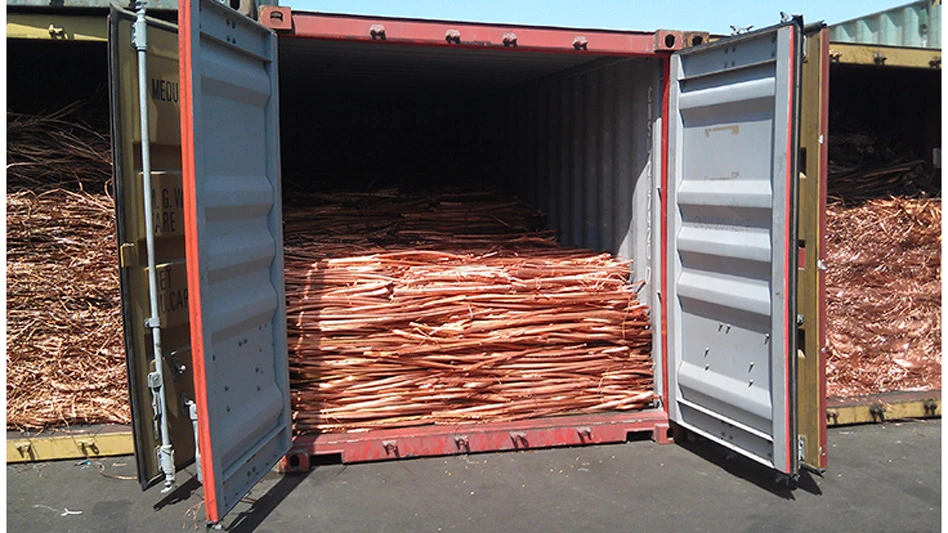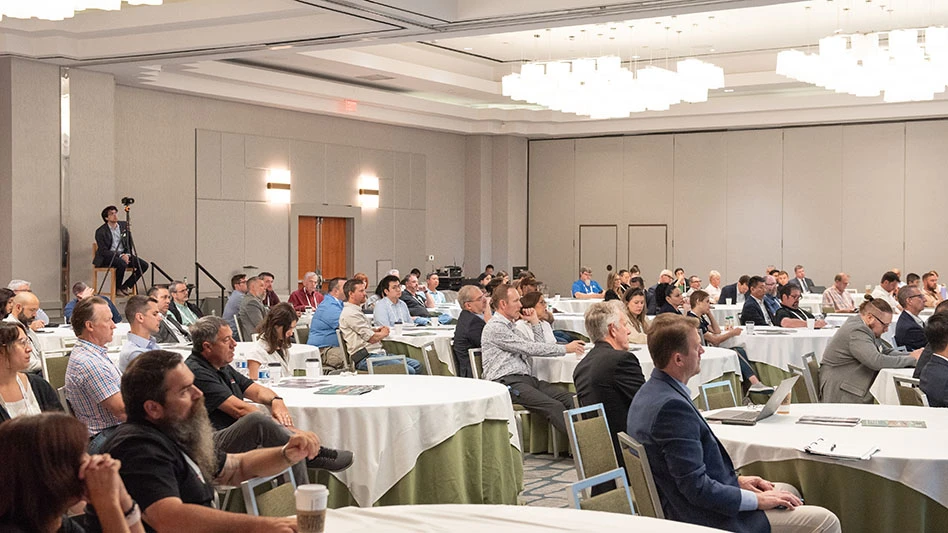 He has been called New York City’s first-ever recycling czar. In 2013, the Natural Resources Defense Council (NRDC) and Earth Day New York named him the Public Official of the Year in New York City. Recyclebank, the New York City-based operator of an incentive-based recycling program that he co-founded and served as CEO from 2004-2010, is celebrating its 10th year working with municipalities and companies to increase the volume of recyclables collected. During his time there, the United Nations Environment Program recognized him as a Champion of the Earth, which honors men and women whose actions and leadership have had a positive effect on the environment. And, today, he is the co-founder and CEO of a $100 million recycling fund financed by some of the largest consumer goods companies and retailers in the world.
He has been called New York City’s first-ever recycling czar. In 2013, the Natural Resources Defense Council (NRDC) and Earth Day New York named him the Public Official of the Year in New York City. Recyclebank, the New York City-based operator of an incentive-based recycling program that he co-founded and served as CEO from 2004-2010, is celebrating its 10th year working with municipalities and companies to increase the volume of recyclables collected. During his time there, the United Nations Environment Program recognized him as a Champion of the Earth, which honors men and women whose actions and leadership have had a positive effect on the environment. And, today, he is the co-founder and CEO of a $100 million recycling fund financed by some of the largest consumer goods companies and retailers in the world.
Throughout his career, Ron Gonen has pioneered new perspectives on as well as financing for the recycling industry.
His latest endeavor, the Closed Loop Fund, will invest $100 million over the next five years to support the development of recycling infrastructure and services through the issuance of zero-interest loans to municipalities.
The fund’s application process for municipalities and private firms in the United States seeking loans to start or expand recycling efforts opened in mid-October. Interested applicants can download and fill out an application on the fund’s website at www.closedloopfund.com. Gonen says the fund will make investments quarterly.
|
Investors’ insights The Closed Loop Fund is supported by some of the largest companies in the world. The consumer goods companies and retailers dedicating $100 million toward ensuring all consumer products and packaging is recycled and returned for use in manufacturing new products and packaging include Coca-Cola, Colgate-Palmolive, Johnson & Johnson Family of Consumer Cos., Keurig Green Mountain Inc., PepsiCo, Procter & Gamble, Unilever and Wal-Mart, as well as Goldman Sachs. Representatives from these companies offer their perspectives on the fund at www.closedloopfund.com and why they chose to join the partnership. Here are some examples. “Because Coca-Cola views packaging as a valuable resource, we are developing initiatives to recover and reuse our packaging. Investing in innovative programs like the Closed Loop Fund provides more communities with access to recycling infrastructure while decreasing the materials deposited in landfills.”
|
The Closed Loop Fund is backed by its investors and founding members, including Coca-Cola, Colgate-Palmolive, Johnson & Johnson Family of Consumer Cos., Keurig Green Mountain Inc., PepsiCo, Procter & Gamble, Unilever and Wal-Mart, as well as by Goldman Sachs.
In a July 2014 interview with Recycling Today Senior Editor Dan Sandoval, Gonen said the national fund will provide the capital necessary to ensure that all American households have access to recycling.
He acknowledged that this goal would require a few necessary actions, such as ensuring that curbside collection carts “are out in front of every home, that there’s public place recycling containers and there’s advanced and modern processing technology available in all the regions of the country.” He added, “So, we’ll be providing capital to invest in that type of infrastructure.”
According to the Closed Loop Fund’s website, the anticipated outcomes of the initial $100 million investments are:
- reducing more than 75 million tons of greenhouse gas emissions;
- diverting 27 million cumulative tons of waste from landfills;
- creating 27,000 new local jobs;
- helping municipalities save more than $1.9 billion in waste disposal costs; and
- providing packaged goods companies with more access to recycled materials.
Gonen, the former New York City deputy commissioner of sanitation, recycling and sustainability, joined the Bloomberg administration in 2012 and was responsible for the state’s recycling programs, which included paper, metal, glass, plastic, organics, textiles, electronics and hazardous waste, as well as related legislation.
In the following Q&A with Recycling Today Associate Editor Megan Workman, Gonen shares the significance of an initiative like the Closed Loop Fund and of investing in the nation’s recycling infrastructure and turning waste streams into profit centers.
Recycling Today (RT): Why provide this investment strategy of putting funds into the recycling industry?
Ron Gonen (RG): There are a lot of stakeholders that can benefit from increasing recycling rates: municipalities, consumer goods companies and local economies.
[The Closed Loop Fund] brings unique value to the table in that we have capital to invest as well major companies in the fund who are interested in buying the material and developing markets via their demand.
We are working with state agencies and local economic development corporations to develop co-investment partnerships.
RT: We discuss the importance of public awareness and education to increase recycling rates, but how vital is infrastructure, and how will the Closed Loop Fund address this national problem?
RG: Public awareness and education are as equally important as infrastructure; you need both for an effective program.
Infrastructure is more capital intensive and the foundation for the launching of education programs in the United States, so we decided to focus on infrastructure.
As we invest, we look for local communities to also invest in outreach and education.
RT: What types of infrastructure obstacles are apparent in the U.S. today?
RG: Approximately 40 percent of households don’t have access to a curbside recycling program, and many regions do have a modern material recovery facility (MRF). We need both in order to see recycling rates increase.
Initial investments will be allotted toward financing single curbside collection carts, organics carts, MRFs, upgrades to MRFs, anaerobic digestion as well as solutions for low value material, such as glass.
Providing infrastructure for more collection, financing better sorting facilities and helping markets to develop also are benefits of the fund.
RT: Recycling is a broad sector. Will there be money dedicated toward developing the collection of material as well as developing and strengthening end markets?
RG: The investors in the fund are retailers and consumer good companies; they have a vested interest in seeing markets develop and to remain strong in order to increase the flow of recycled content back into their supply chain. This will create more demand for material, increasing the profitability of MRFs and the revenue that cities can earn from recycling.
RT: Will your firm work in concert with other organizations (e.g., NRC, AF&PA, SPI, ISRI, etc.) to maximize investments?
RG: Yes. In some cases we will look to them for guidance on the best areas and projects to invest in and, in other cases where they are providing grants, we may look to co-invest.
RT: What is the Closed Loop Fund’s structure, and where will it be in five years?
RG: We have a management team the does due diligence on projects and tracks their progress and an investment committee that approves projects.
In five years, we hope to have invested our capital in a way that significantly increases recycling rates.
|
For more information Recycling Today’s website offers even more ways to learn about the Closed Loop Fund. A podcast interview—hosted in advance of the 2014 Paper & Plastics Recycling Conference, Oct. 8-10 in Chicago—with Closed Loop Fund co-founder Ron Gonen and Recycling Today Senior Editor Dan Sandoval is available at www.RecyclingToday.com/paper-plastics-conference-preview-gonen.aspx. In the podcast interview, Gonen talks about the fund’s goal and purpose and recognizes that “the recycling sector is complex and diverse.” He describes how the fund will improve recycling efforts across the United States. Also available online is an exclusive interview with Bridget Croke of the Closed Loop Fund. In the one-on-one interview with Recycling Today Associate Editor Megan Workman, Croke expands on her comments made during the conference’s keynote session, “The Future of the Recycling and Packaging Industry,” Oct. 8, 2014, at the Paper & Plastics Recycling Conference. The interview can be viewed online at www.RecyclingToday.com/bridget-croke-interview.aspx. |

Explore the December 2014 Issue
Check out more from this issue and find your next story to read.
Latest from Recycling Today
- APR, RecyClass release partnership progress report
- Clearpoint Recycling, Enviroo sign PET supply contract
- Invista expanding ISCC Plus certification program
- Redwood partnership targets recycling of medium-format batteries
- Enfinite forms Hazardous & Specialty Waste Management Council
- Combined DRS, EPR legislation introduced in Rhode Island
- Eureka Recycling starts up newly upgraded MRF
- Reconomy Close the Gap campaign highlights need for circularity





